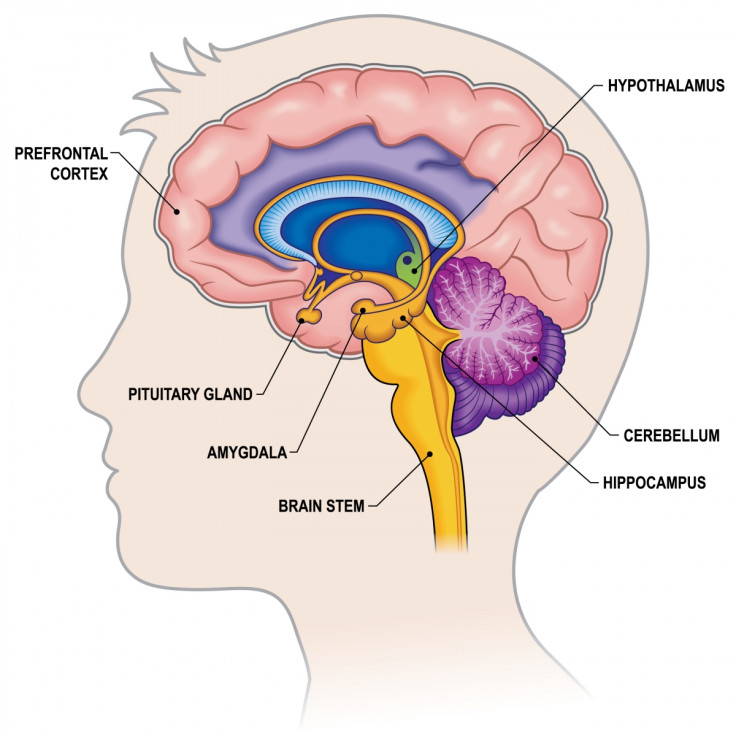Why do we fall asleep? Scientists identify key brain pathway regulating wakefulness

Scientists have identified a new mechanism regulating the patterns of sleep and wakefulness in the brain. It involves a neurobiological process, which they previously thought didn't have anything to do with sleeping.
What makes us fall asleep? What determines when we wake up when we do? Why do some people find it harder to go from wakefulness to sleep? For years, scientists have been investigating these questions, trying to understand all the mechanisms at work. Now research, published in Nature Communications, has identified the way a key pathway for these processes works.

The team, led by Professor Andrea Meredith of the University of Maryland School of Medicine, has focused on a specific part of the brain, the suprachiasmatic nucleus in the hypothalamus, also known as the SCN.
This region can be defined as the brain's internal clock and it plays a crucial role in determining when we fall asleep and when we wake up.
The scientists studied the activation of specific ion channels, the potassium channels BK. These are proteins which conduct brain electrical currents between neurons. According to this study, they form an inherent part of the sleep-wakefulness process.
Activation of BK channels
The research was conducted on mice. The scientists examined two groups of mice: the first one was unchanged, the second genetically modified so that BK channels remained inactivated. With the use of electrodes placed on the suprachiasmatic nucleus neurons, the team measured activity in these channels and followed the animals' sleep.
They discovered that in the genetically altered group, the impossibility to inactivate BK channels was linked to more wakefulness during the day, when the mice were actually supposed to be asleep. This finding suggests that BK channel inactivation is a critical neurobiological process for regulating sleep and wakefulness cycles. An inactivation of these channels means individuals may find it harder to fall asleep.
It is the first time scientists have identified such a purpose for these particular ion channels. "We knew that BK channels were widely important throughout the body," points out Meredith. "But now we have strong evidence that they are specifically and intrinsically involved in the wake-sleep cycle. That's really exciting."
Eventually, this discovery could have interesting clinical implications, including by developing drugs that target BK channels inactivation to treat sleep problems.
© Copyright IBTimes 2025. All rights reserved.






















